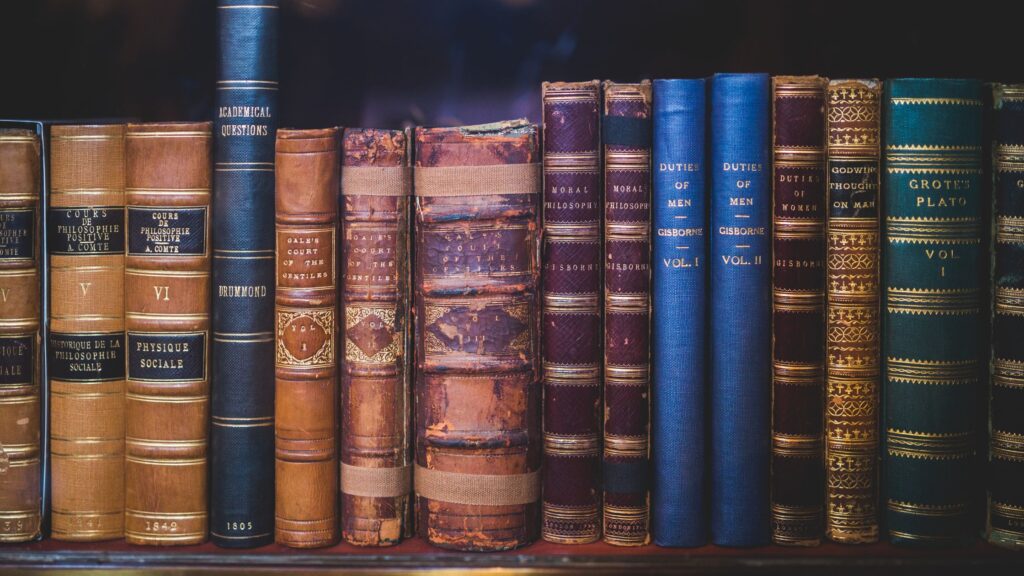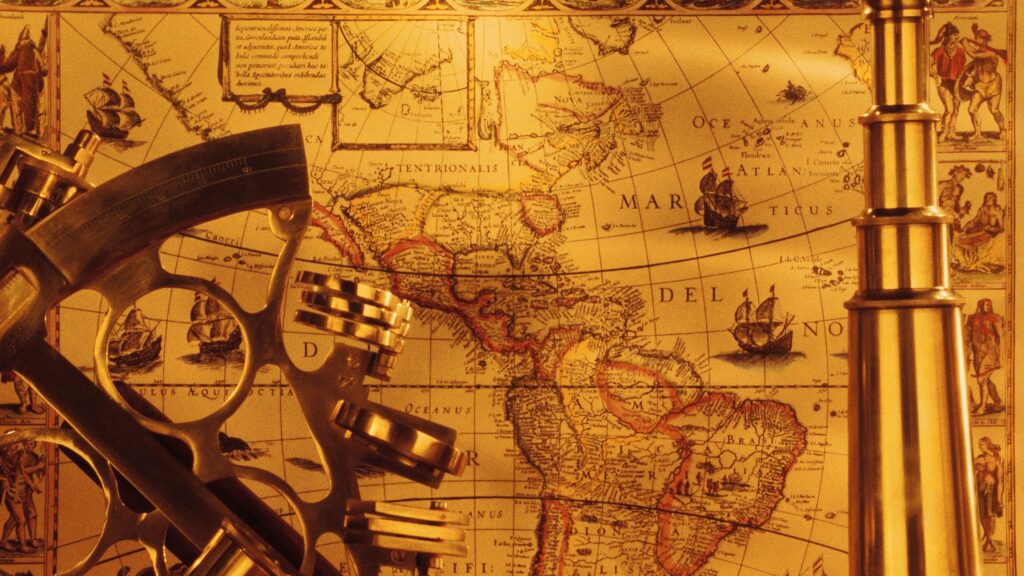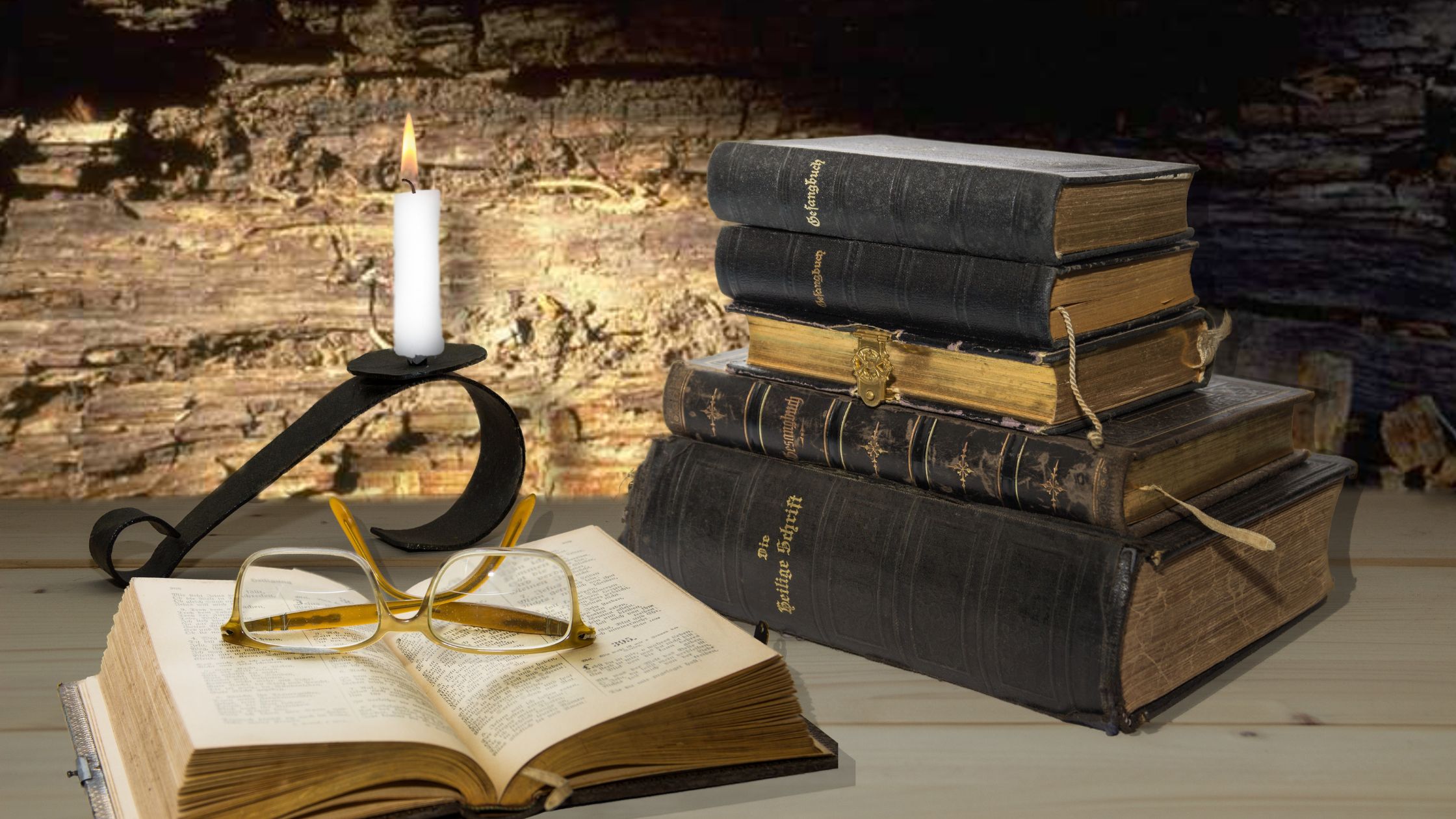Introduction
Literature has always been a mirror of society, reflecting its values, struggles, and aspirations. Across centuries, stories, poetry, and philosophical writings have shaped civilizations, influencing culture, traditions, and even politics. In India, where literature thrives in multiple languages, its impact is profound and continues to inspire generations.

Literature as a Cultural Treasure
Each culture has a unique literary tradition that preserves its history and knowledge. From ancient scriptures like the Vedas and the Mahabharata to modern novels, literature serves as a bridge between the past and the present. It helps individuals connect with their roots, learn about diverse traditions, and appreciate the richness of human thought.
Indian Literature and Its Influence

India’s literary landscape is vast, spanning epics, folklore, and contemporary works. Some of the key contributions include:
- Classical Texts: The Ramayana and the Mahabharata are not just epic stories; they shape moral values and philosophical thought in Indian culture.
- Poetry and Spiritual Literature: Poets like Kabir, Mirza Ghalib, and Rabindranath Tagore have inspired social change and self-reflection.
- Regional Literature: Tamil Sangam poetry, Bengali novels, and Marathi plays enrich India’s diverse literary heritage.
- Modern Indian Literature: Authors like R.K. Narayan, Arundhati Roy, and Ruskin Bond bring Indian stories to global audiences, highlighting contemporary issues and everyday life
Literature’s Role in Social Change

Literature is a powerful tool for reform and awareness. Writers have challenged outdated traditions, promoted education, and sparked revolutions.
- Reforming Society: Literature has played a role in advocating for gender equality, caste reforms, and political freedom. Works like Raja Rao’s Kanthapura depict India’s freedom struggle.
- Promoting Education: Stories encourage critical thinking and literacy, making knowledge accessible to all.
- Preserving Language and Identity: Literature keeps languages alive, ensuring that native dialects and scripts thrive despite globalization.
How Literature Shapes Modern Culture

In today’s digital world, literature continues to evolve. Audiobooks, e-books, and online storytelling platforms have made literary works more accessible. Literature also influences cinema, music, and fashion, proving that stories remain a central part of human expression.
Conclusion
Literature is more than just words on a page; it is a living force that shapes culture and identities. Whether through ancient scriptures, revolutionary novels, or modern bestsellers, it continues to guide, educate, and inspire. As readers, we must cherish and promote literature to keep our cultural heritage alive.

Leave a Reply